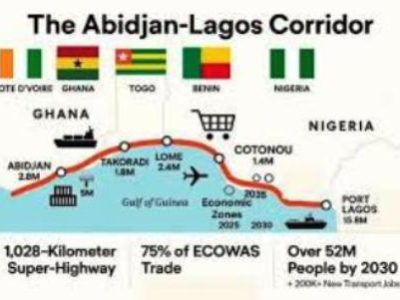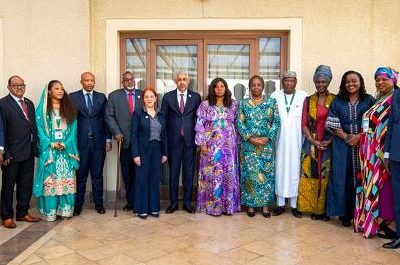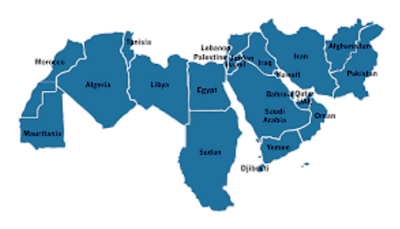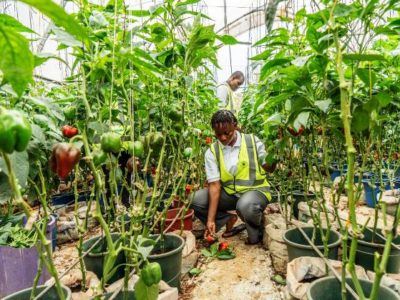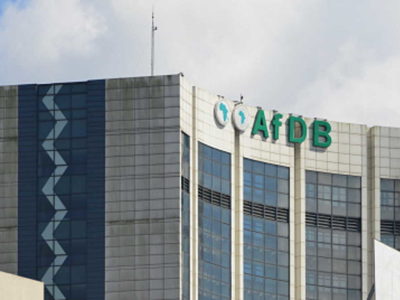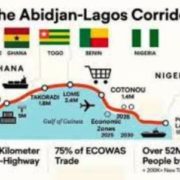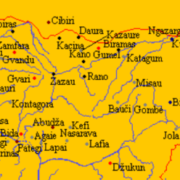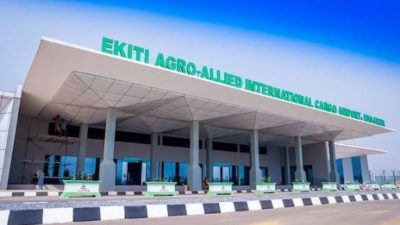
As the COVID-19 pandemic enters its third year, a group of mayors from the African region have committed to improve city governance for health and wellbeing as well as to promote measures for sustainable livelihoods.
The African Mayors Dialogue on Urban Governance for Health and Wellbeing, an event organized jointly by the World Health Organization (WHO) Regional Office for Africa and the United Nations Human Settlements Programme (UN-HABITAT), with the support of the Swiss Agency for Development and Cooperation (SDC) took place on 30 March 2022 at the UN Hub of the Expo Dubai.
The event featured mayors from five major African cities: Brazzaville, Congo: Douala, Cameroon; Freetown, Sierra Leone; Gaborone, Botswana; and Lusaka, Zambia.
“This is an opportunity to rethink the paradigm we use in health service delivery,” said Dr Oumar Sylla, UN-HABITAT acting Regional Director for Africa, noting that 56% of African urban populations live in informal settlements. “Mayors and government leaders must be at the forefront of that response.”
Mayors shared their strategies for strengthening local leadership around public health and wellbeing, particularly in the light of the social disruptions caused by the COVID-19 pandemic.
Gaborone mayor Father Maphongo described his administration’s efforts to decentralize the pandemic response. Drive-through vaccination centres were set up around the city, while roving teams of medical workers fanned out across shopping malls and other gathering centres to make testing and vaccination widely accessible.
Gaborone also rapidly introduced a new mobile salary payment system to replace the in-person payments at the post office and increased the number of Wi-Fi hotspots around the city.
“Instead of queueing at the post office to receive their salaries,” said Mayor Maphongo, “now people can benefit from technology to avoid crowds and stay safe.”
Dr Adelheid Onyango, Director of Universal Health Coverage/ Healthier Populations Cluster at the WHO Regional Office for Africa, noted that the COVID-19 pandemic has catalysed the need to engage populations in finding solutions to common challenges.
“The predominant discourse focuses on building resilience in health systems. However, we need to build resilience in all systems that underpin health and wellbeing,” she said. “This is key to preparedness for health or any other crisis.”
Today’s event shone a spotlight on the Healthy Cities initiative, a WHO-supported endeavour which aims to place health high on the social and political agenda of African cities by promoting health, equity and sustainable development through innovation and multisectoral change. Mayors of participating cities have committed to tackle these priorities by embracing more participatory approaches to urban governance for health and wellbeing, and by promoting social innovations and dialogues at local levels. “Let’s all come together in a partnership for Healthy Populations in Africa through championing the implementation of the Geneva Charter for Wellbeing”, concluded the Director.
The dialogue afforded mayors and local leaders a platform for exchanging ideas and presenting their cities’ experiences on urban governance for health and wellbeing.
Freetown mayor Yvonne Aki-Sawyerr reminded the gathering of the importance of applying the creativity and innovation spurred by the COVID-19 responses to the longstanding health challenges that confronted cities even before the pandemic.
She described how, faced with malaria casualty rates far in excess of those attributable to COVID-19, the city council created a ‘Cleanest Zone’ competition to promote behaviour change around waste management. Waste collection tricycles were provided to youth to establish micro-enterprises, contributing to an increase in registered waste collecting agents from 3000 to over 50 000.
“When we speak of increasing capacity,” she said, “we must be sure that capacity increase also leads to job creation.”

